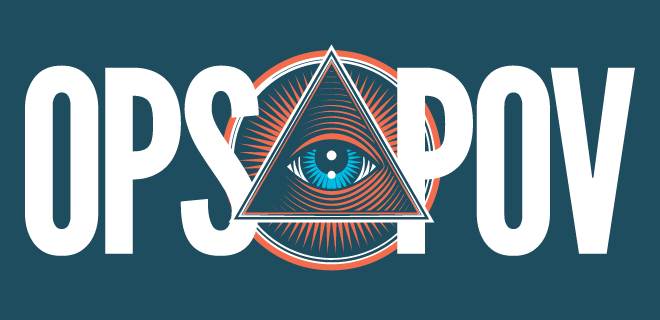
Move over COPPA, GDPR, CCPA and CPRA. There’s a new legislative acronym for publishers to watch: It’s called JCPA (short for the Journalism Competition and Preservation Act of 2021). And though it’s not focused on privacy like the others, if it gets passed, the bill could be just as game-changing for our industry in terms of how digital media companies actually make money.
It’s a big bill with a lot of nuances — Digiday’s Kate Kaye unravels the threads quite well — but the gist of it is that the JCPA would let publishers band together to broker content distribution and monetization deals with “digital platforms that have at least one billion global monthly users.” (Read: Google and Facebook).
The JCPA would only cover deals that benefit the industry overall — not just an individual publisher or group of publishers — and basically makes it legal for media companies to collectively bargain with the walled gardens without formally “unionizing,” or having to worry about breaking any antitrust laws themselves.
If JCPA gets passed, it’s essentially a brick — a massive brick, backed by the power of both the U.S. Senate and House of Representatives — that publishers can throw at Google and Facebook’s walled gardens. And while it won’t make those walls come tumbling down, it would definitely make a dent (or a crack?) for more money to flow through.
Case in point: What happened in Australia in February. Big G and Facebook both essentially threatened to stop distributing and monetizing Australian news publishers’ content because of a similar law that was passed in that country. In the end, both companies came back to the bargaining table with money and technology.
Of course, there’s no guarantee that JCPA will pass (or be quite as effective) here in the States where Google and Facebook have successfully fought off lots of similar legislative battles. (A previous version of the bill got introduced in 2019 but didn’t go anywhere).
What’s different now is that the 2021 version has strong bi-partisan support, and potentially, the backing of a presidential administration that is bringing in some big, tech-savvy guns to lead key antitrust organizations like the FTC. And interestingly enough, the JCPA also has the backing of another tech giant: Microsoft.
Weeks ago, the company threw its weight behind Australian and European publishers in their respective fights against the walled gardens week Down Under. What the Verge notes, is that Microsoft also had some very specific things to say about Google and its dominance over the ad ecosystem as it pertains to the JCPA:
“News organizations have ad inventory to sell, but they can no longer sell directly to those who want to place ads,” says Microsoft president Brad Smith. “Instead, for all practical purposes they must use Google’s tools, operate on Google’s ad exchanges, contribute data to Google’s operations, and pay Google money. All this impacts the ability of news organizations to benefit economically even from advertising on their own sites.”
Oop! Sounds like fighting words to me … We’ve just got to stay tuned.